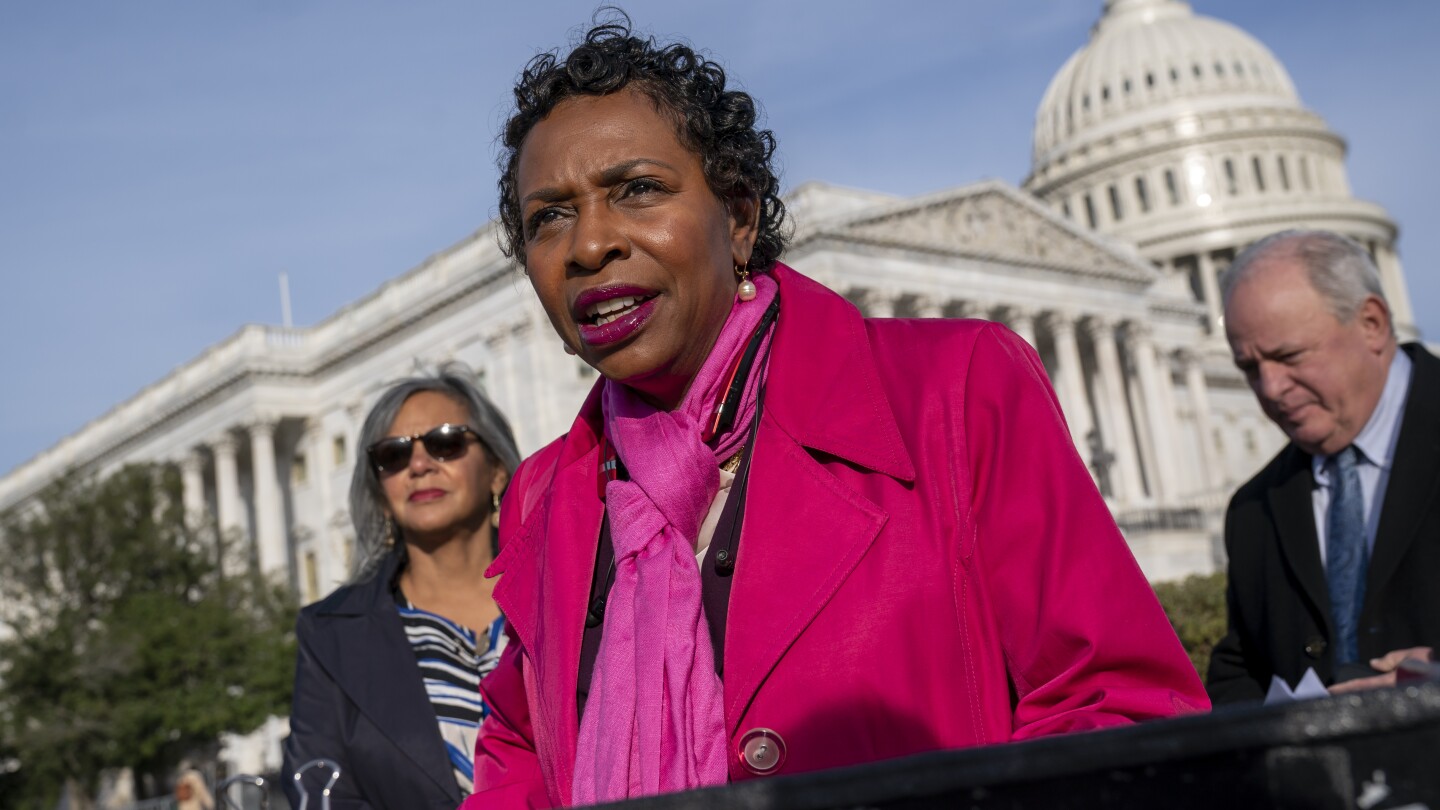Deepfakes generated by artificial intelligence are having their moment this year, at least when it comes to making it look, or sound, like celebrities did something uncanny. Tom Hanks hawking a dental plan. Pope Francis wearing a stylish puffer jacket. U.S. Sen. Rand Paul sitting on the Capitol steps in a red bathrobe.
But what happens next year ahead of a U.S. presidential election?
Google was the first big tech company to say it would impose new labels on deceptive AI-generated political advertisements that could fake a candidate’s voice or actions. Now some U.S. lawmakers are calling on social media platforms X, Facebook and Instagram to explain why they aren’t doing the same.



To them, their job is fundraising, not lawmaking.